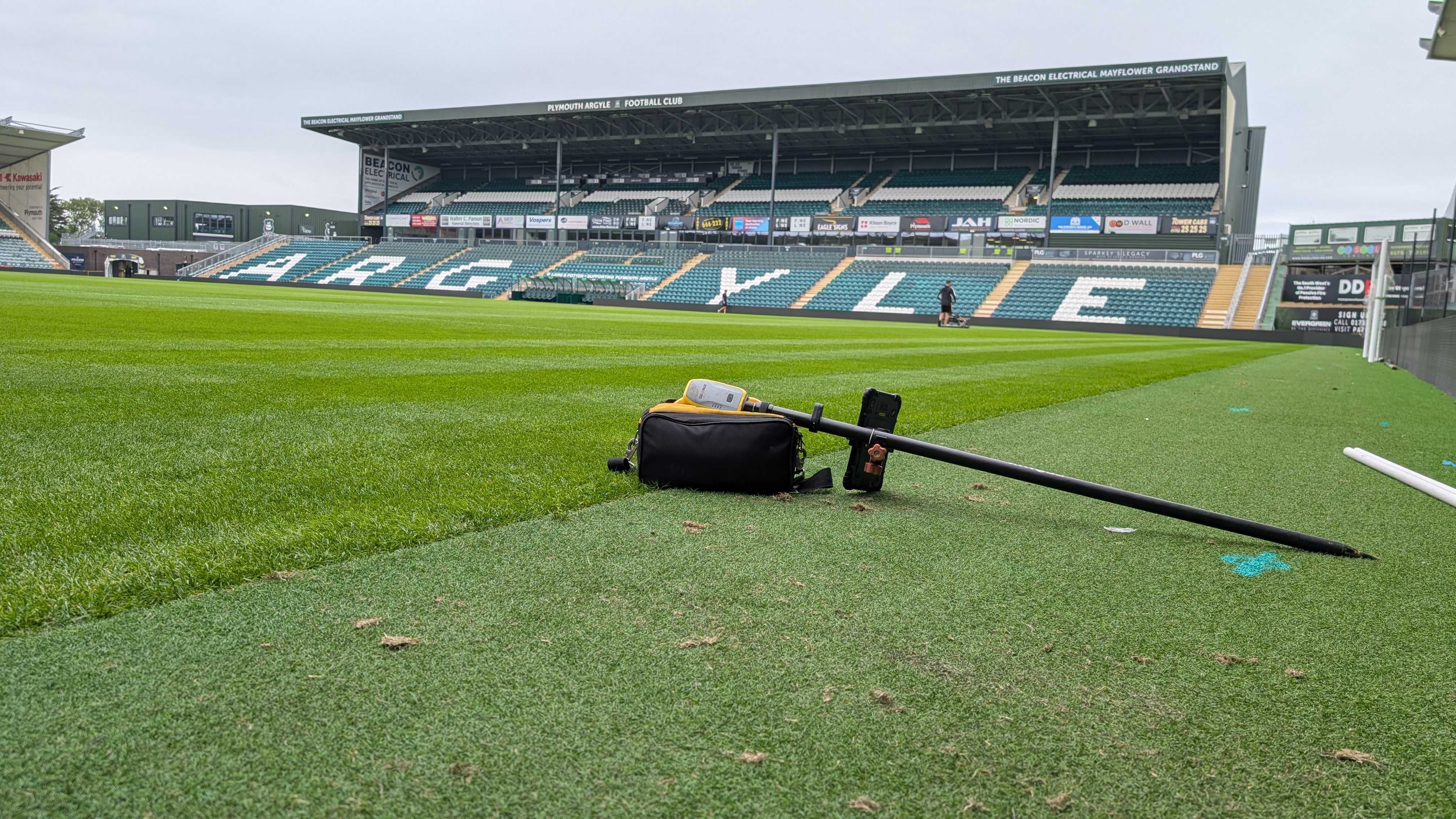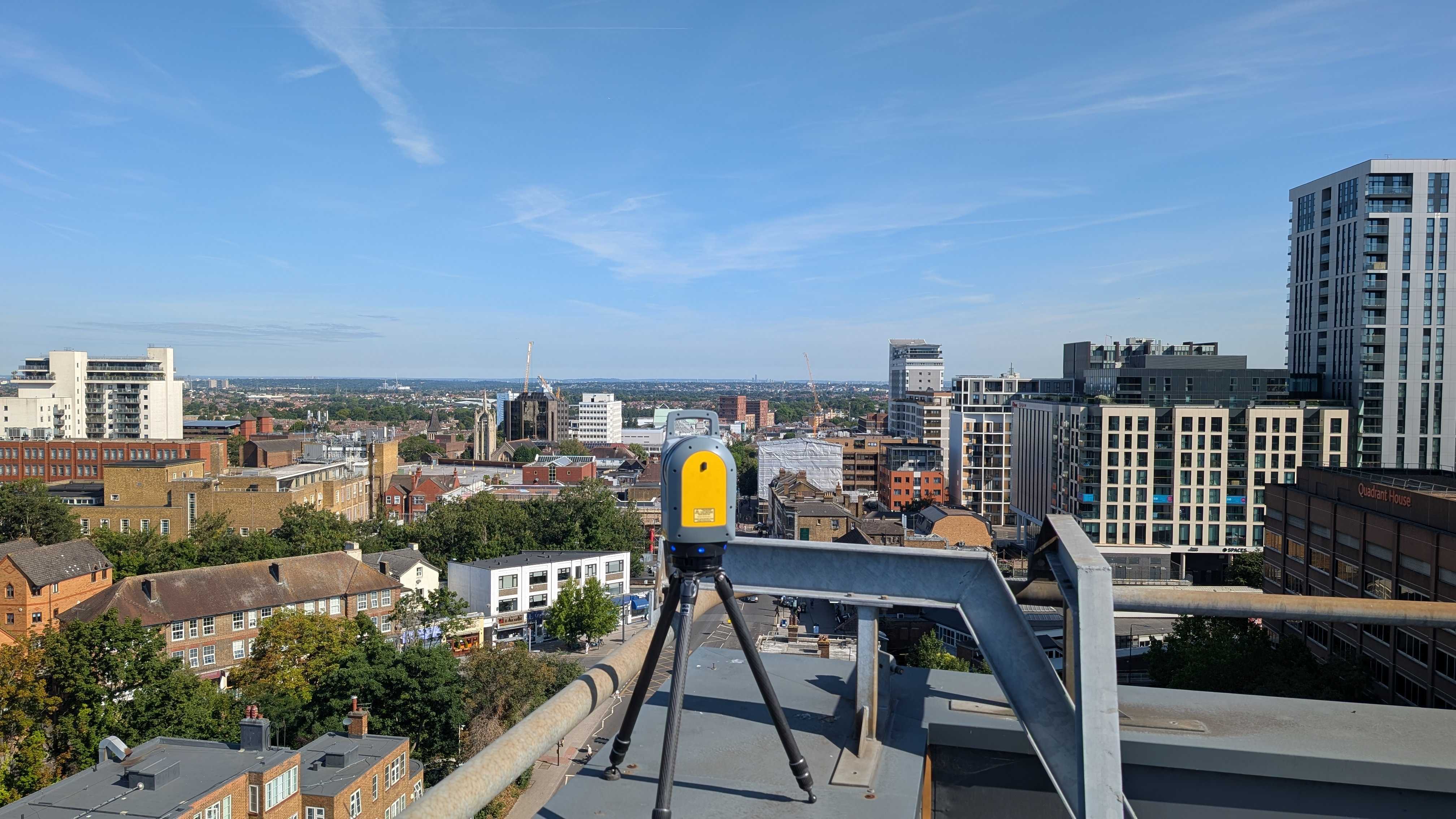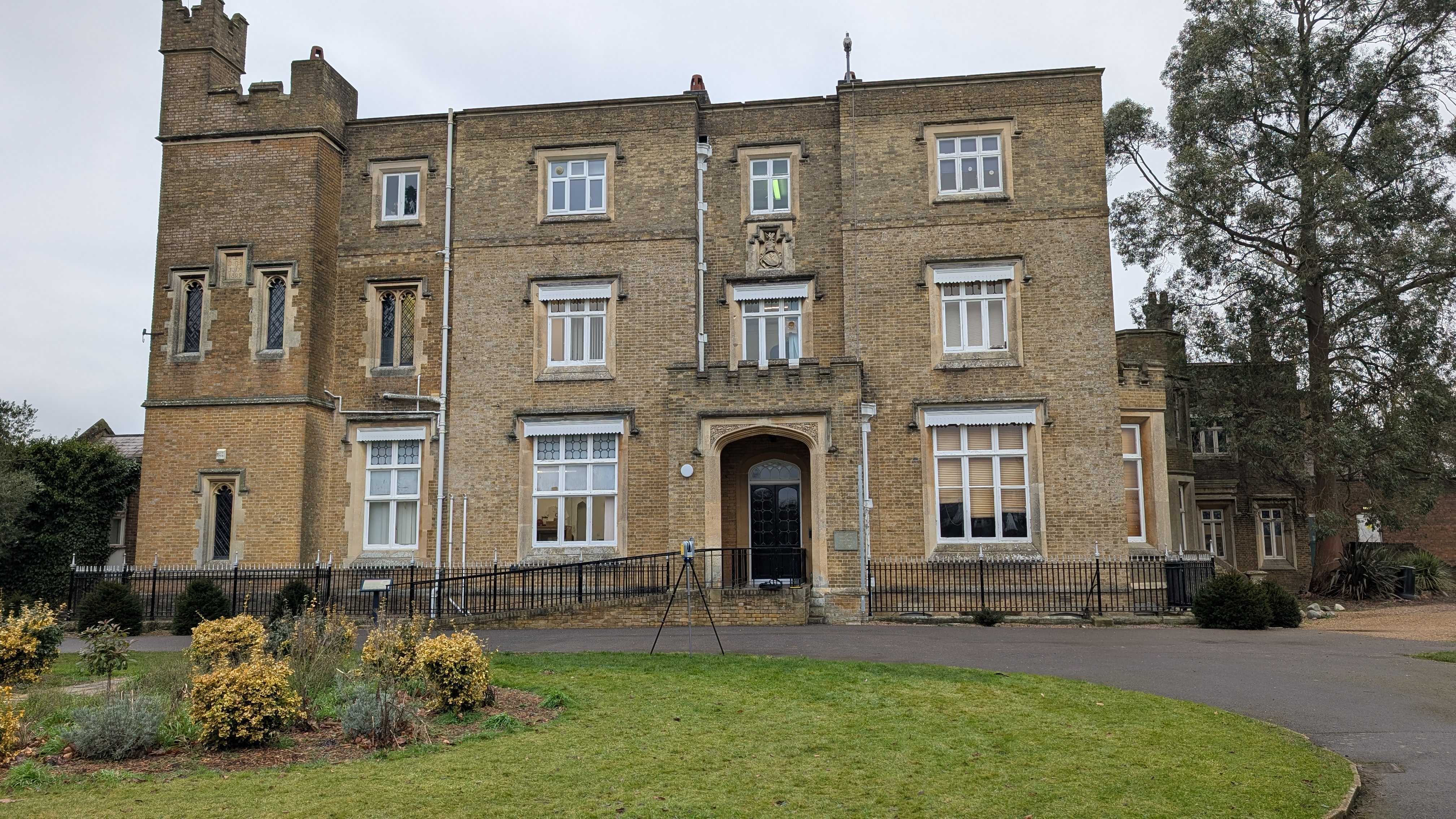Understanding The Stresses In Construction
Every move counts in a construction project, and one wrong step can have far-reaching consequences.
Navigating your project around utilities can bring many risks to the table, causing high stress levels.
What are some of these stress points, and how do they align with the potential pitfalls of not conducting a proper infrastructure survey?
Here are 5 common construction project stresses:
- Project Delays
In construction, time is money, and delays can be a nightmare.
When utilities aren't accurately located before a project starts, you run the risk of accidental utility strikes. These strikes can bring your project to a screeching halt, leading to costly downtime and missed deadlines.
- Budget Constraints
Keeping your project within budget is a constant battle. Utility-related expenses, like repairing damaged utilities or making design changes due to inaccuracies, can eat into your budget, leaving you with less room for unforeseen issues.
- Safety Concerns
Safety is paramount in construction. Utility accidents, such as hitting a gas line or electrical cable, not only endanger lives but can also result in catastrophic incidents. Accurate utility surveys help identify potential hazards and enhance safety measures.
- Regulatory Compliance
Construction projects are rife with safety and environmental regulations. Neglecting to locate and protect utilities properly can lead to non-compliance, fines, and legal entanglements, adding an extra layer of stress to your workload.
- Client Expectations
Clients expect you to work miracles within tight timelines. Delays caused by utility strikes can disappoint clients, jeopardise your reputation, and even lead to contract disputes.
So, how can you avoid utilities causing these stresses in your next project?
The Solution: Infrastructure Surveys and Their Benefits
Now that we've dissected the challenges construction workers face and how they relate to utility risks, it's time to introduce the solution that can ease these burdens: infrastructure surveys.
Infrastructure surveys involve employing advanced technologies like Ground-Penetrating Radar (GPR) to peer beneath the surface of a construction site, revealing the intricate network of utilities hidden from plain view.
- Accurate Utility Location
Infrastructure surveys provide precise information about where utilities are buried, ensuring you know exactly what's beneath your feet.
- Early Identification of Risks
With utilities mapped out, potential risks can be identified and addressed before construction begins. This proactive approach prevents costly and dangerous surprises down the line.
- Improved Safety Measures
Armed with knowledge of utility locations, you can implement robust safety measures. Workers can avoid accidental utility strikes, significantly reducing the risk of injuries or worse.
- Budget Predictability
Say hello to budget stability. Infrastructure surveys help you plan for utility-related expenses, eliminating the shock of unexpected costs and keeping your project's finances on track.
- Enhanced Regulatory Compliance:
You'll effortlessly navigate the high number of regulations, such as ensuring your survey is done using PAS128 methodology to meet the standard. Accurate utility information ensures you're in compliance with safety and environmental regulations, keeping fines and legal headaches at bay.
Infrastructure surveys offer clarity, safety, and cost control. By using these surveys to understand and mitigate utility risks, you can turn construction challenges into triumphs.
Benefitting From An Infrastructure Survey
As you embrace infrastructure surveys as an integral part of your construction project, you're not just mitigating risks; you're creating a project that’s comfortable to work on.
At Intersect Surveys, we understand the unique challenges that construction professionals face on a daily basis. We're here to be your trusted partner in the quest for smoother, safer, and more successful construction projects.
Please get in touch with a member of the team when you’re ready to discuss your next project!
FAQs
What Are Infrastructure Surveys In Construction?
Infrastructure surveys in construction involve the use of advanced technologies like Ground-Penetrating Radar (GPR) to accurately map and locate underground utilities before construction begins. These surveys provide critical information about the location of utilities like water pipes, gas lines, and electrical cables.
How Do Infrastructure Surveys Help Mitigate Risks In Construction Projects?
Infrastructure surveys prevent project delays caused by accidental utility strikes, enhances safety measures by identifying potential hazards, and enhances safety measures by identifying potential hazards.
What Technologies Are Used In Infrastructure Surveys?
Ground-Penetrating Radar (GPR) are the primary technologies used in infrastructure surveys. GPR uses radar waves to detect objects beneath the ground.
How Can Infrastructure Surveys Improve Resource Management On Construction Sites?
Infrastructure surveys improve resource management by providing precise utility information. With accurate data, construction companies can allocate manpower and equipment more efficiently, reducing downtime and maximising resource utilisation.
What Role Does Infrastructure Surveying Play In Regulatory Compliance?
Infrastructure surveying plays a crucial role in regulatory compliance for construction projects. Accurate utility location data ensures that construction activities adhere to safety and environmental regulations, reducing the risk of fines and legal complications related to non-compliance.








